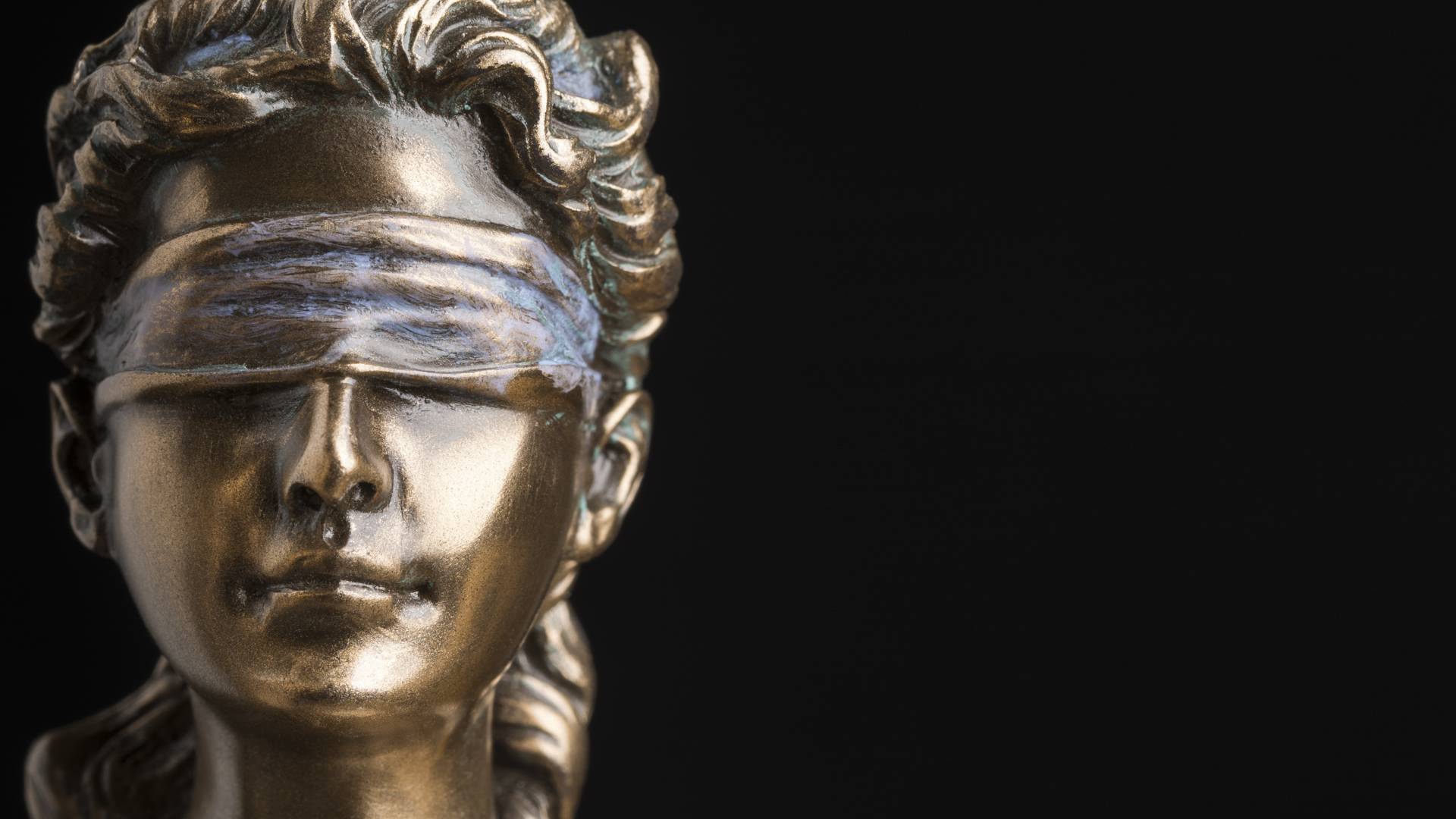Each year, there are millions of car accidents in the United States. That being said, it's not surprising that your chances of being involved in at least one car crash in your lifetime are rather high.
Unfortunately, car crashes can be nerve-wracking events and in the minutes following a crash, drivers aren't exactly thinking with a clear head.
If you are involved in a car wreck, it's important that you know beforehand what you should and should not do. Because, if you let the adrenaline get the best of you, you could end up fleeing the scene and facing criminal charges, or you can say, "I'm so sorry, it's all my fault" and get yourself in BIG trouble.
As experienced injury attorneys, we hear about drivers saying and doing the wrong things all the time after a car accident. When it's our client who made the mistake because of a lack of understanding, we have to dig deep to find out who really caused the accident.
Heed these words of advice if you ever find yourself in a car crash:
1. Don't Flee the Scene of the Accident.
For some drivers, their first instinct is to speed away from a car crash, but this is a bad idea. Under the law, drivers are required to pull over and see if anyone was injured, and if so, they're supposed to call an ambulance.
Drivers are also required to exchange insurance information with the other parties in the crash. If a driver flees the scene of an accident, they face criminal charges under Section 56-5-1210(a) of the South Carolina Code.
2. Don't Admit Fault.
Even if you believe that you were to blame for the accident, do not admit it. The other driver could have been under the influence, or they could have violated a traffic law, or another factor could have caused the accident.
Instead of admitting fault, it's better to stick to the facts of what happened and let the insurance companies determine who's to blame. Also, if you admit fault at the scene of the crash, and you were wrong, it will make it that much harder to get the other driver's insurance carrier to accept financial responsibility.
3. Be There When the Police Arrive.
Whether you were on your way to work or dinner before the accident, don't use your plans as an excuse to leave before the police arrive. If you aren't there when the police arrive at the scene, the other driver will likely try to put the blame on you.
4. Don't Lie if You're on Medication.
It's not uncommon for the police to ask drivers to submit to a chemical test in the form of a breath, blood or urine test if they question whether the driver is under the influence of a controlled substance, such as a prescribed medication.
If you took Lunesta the night before to help you sleep, or OxyContin for back pain, or Xanax for your anxiety, be honest with the police if they ask. If you aren't upfront about your meds, you can be confident that the insurance company will find out about the test results from the lab.
When It's Clear You're Not At-Fault
Did the driver run a red light or stop sign and slam into your vehicle in a T-bone crash? Or, did the other driver rear-end you because they were texting while driving? If it was clear that the accident was the other driver's fault, be sure that the police write them a ticket.
Having the other driver ticketed for a traffic violation will go a long way in proving to the insurance company that the accident was not your fault.
Injured in a car wreck? Contact Masella Law Firm, P.A. for a personal consultation.
